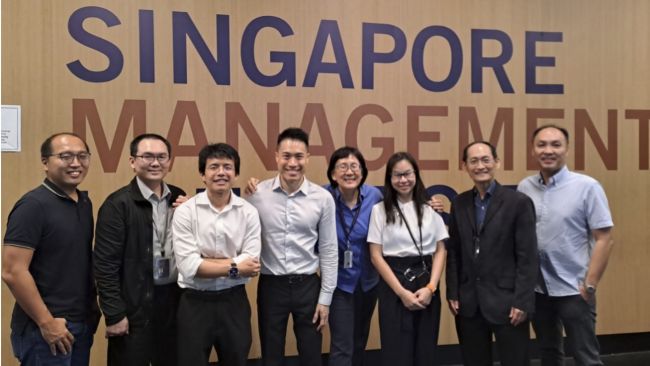
SMU’s Co-Curricular Transcript wins Gold at QS Reimagine Education Awards 2025
Published onSMU’s Co-Curricular Transcript won Gold at QS Reimagine Education Awards 2025, setting a new standard for graduate employability and holistic development. Discover how CCT empowers students.

Undergraduate Malcom Seah's debut novel, Swimming Lessons, is a captivating coming-of-age story blending identity, resilience, and supernatural elements, inspired by Singapore's rich cultural heritage.
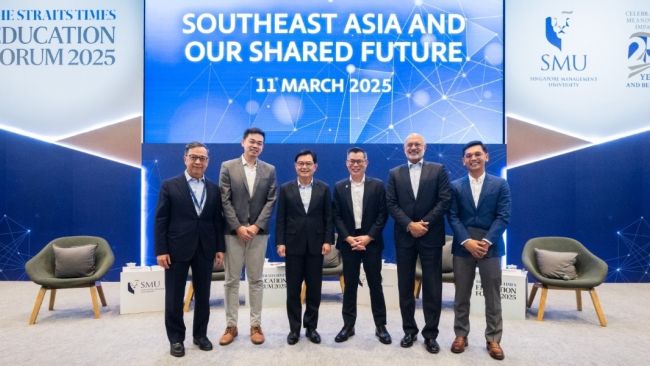
At the Straits Times Education Forum 2025, hosted in partnership with SMU, thought leaders, policymakers, and industry experts explored pressing issues such as talent development, economic opportunities, and regional collaboration. Discover key insights on how businesses, governments, and individuals can navigate ASEAN’s evolving landscape.

SMU researchers are revolutionising swim training with cutting-edge motion analysis technology, enhancing performance insights for athletes and coaches
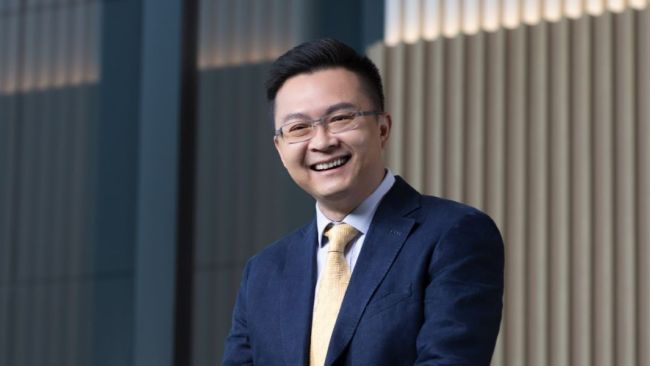
Discover how SMU's impactful research on urban last-mile delivery, recognised by the Financial Times, is shaping sustainable business models and reducing congestion and pollution.
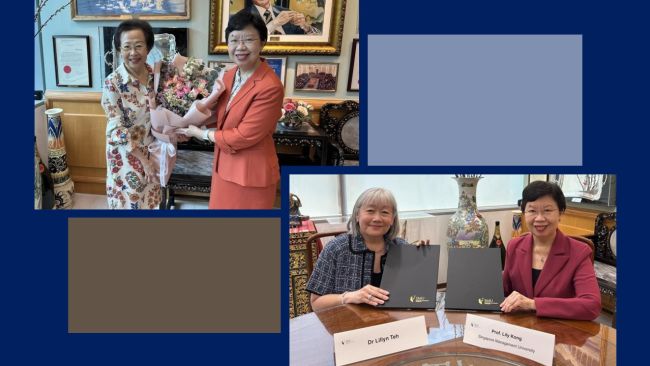
SMU recently received two major philanthropic contributions totalling S$5 million from Mrs Margaret Chan-Lien and Dr Lillyn Teh. These gifts will establish new scholarships and study awards, ensuring that students from diverse financial backgrounds can gain that invaluable international exposure.

SMU Access Plus enhances financial aid, ensuring students can focus on education without financial worries. Discover how SMU is making higher education more inclusive and accessible.
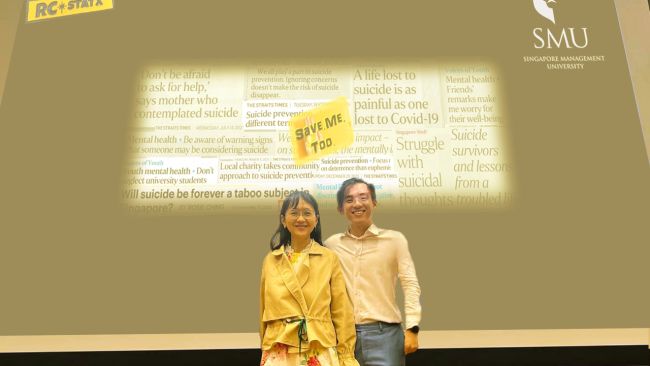
SMU student Ho Min Han wins international award for his impactful suicide prevention initiative, highlighting the power of statistics and mentorship under Principal Lecturer Ms Rosie Ching.
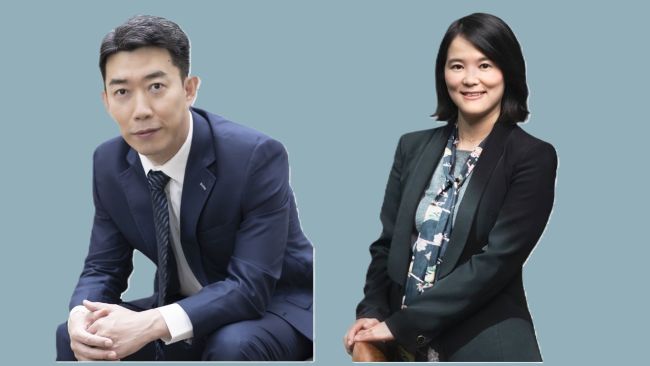
Professor Liandong Zhang and Associate Professor Yun Lou earn global recognition for pioneering ESG research, driving corporate accountability and sustainable growth while reinforcing SMU’s commitment to impactful research for a better world.
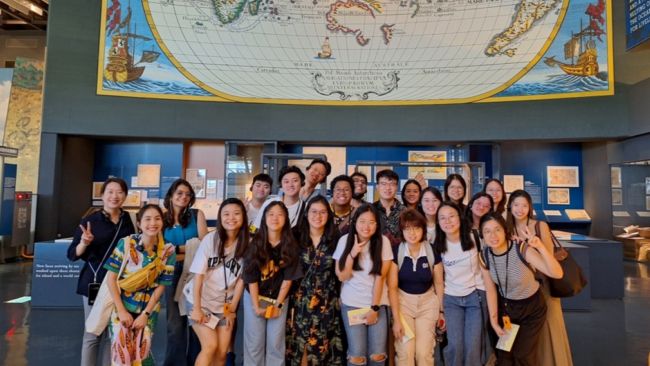
SMU’s innovation in education takes the spotlight at the 2024 QS Reimagine Education Awards, earning global acclaim for redefining experiential learning, interdisciplinary teaching, and digital transformation.
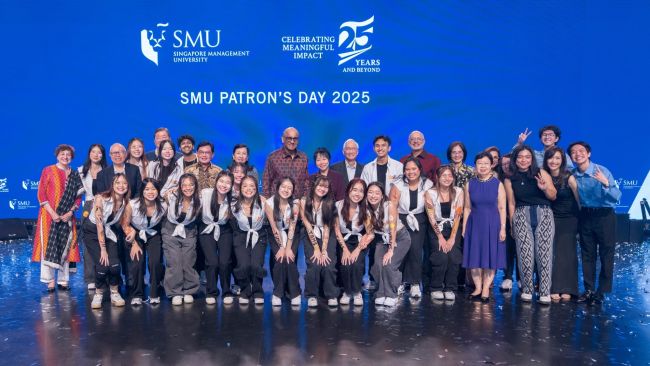
SMU’s Patron’s Day Dinner 2025 celebrated 25 years of excellence, bringing together distinguished guests to honour the University’s achievements and set bold ambitions for the future.
